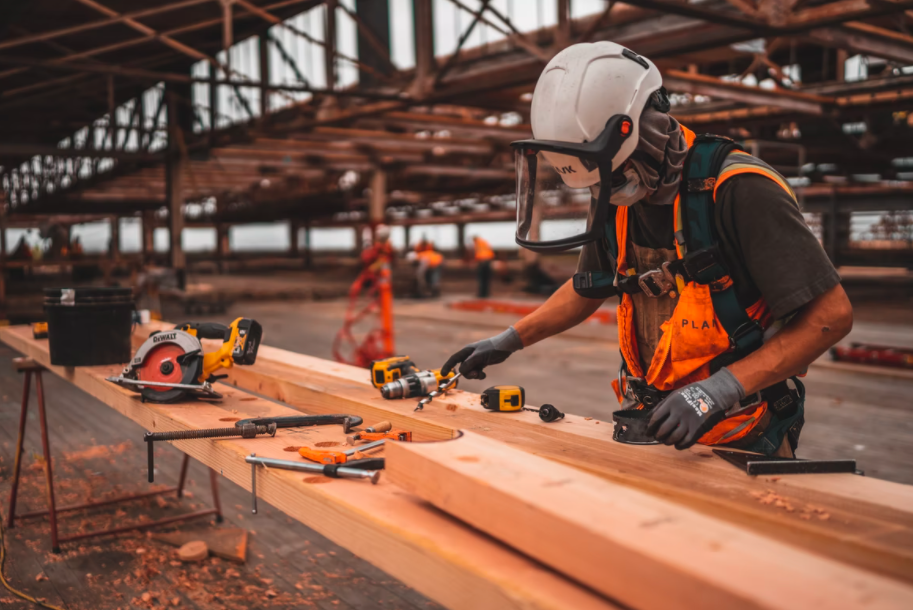Do you need equipment for your trade business, but are not sure whether you should lease or buy it? If you have limited capital or need to upgrade your equipment every few years, leasing might be the better option. However, if you’re an established business looking for equipment with long usable life, you might want to purchase it.
Business tools and equipment
Leasing business tools and equipment will preserve your capital and offer greater flexibility, but it may cost more in the long run.
If you lease, you’ll acquire assets with minimal expenditures, and no down payment that could affect your cash flow. Lease payments are often tax deductible and have more flexible terms than loans for purchasing equipment as well. You may be able to negotiate a longer payment plan and lower the costs. If you lease, it will be easier to upgrade your equipment when your leased items get outdated.
However, leasing is often more expensive than buying. Leasing a computer for three years at $40/month will cost you a total of $5,760 for a computer worth $4,000. You also don’t own the equipment and don’t build equity in it. You need to pay for the whole lease term even if at some point, you don’t need the equipment anymore. Some may allow you to cancel the lease but not without early termination fees.
Business tax deductions
Buying equipment offers ownership and tax breaks, but we get that those high initial costs aren’t for everyone. It’s a good option to buy equipment if it’s unlikely it will soon be outdated ie: machinery or office furniture.
Remember, all equipment purchased over $1,000 can be depreciated at varying rates – meaning that the capital paid for the equipment will eventually be returned to you in the form of a tax deduction.
Although the above sounds great, sometimes the high initial cost to buy, out way’s the possible tax deductions and benefits. If you borrow money, most banks would still require a 20% down payment and may tie up your lines of credit. You may also be stuck with old equipment if they become obsolete, and unfortunately, some business equipment can have little resale value.
Trade accountant
Having said all of the above, you need to ask yourself some questions to help you decide whether you should lease or purchase equipment for your business.
Are you going to use the item often or will it just lie around unused most of the time?
What else can you do with the money? Will purchasing the equipment offer a better rate of return on your capital than spending it on exploring other opportunities for your business?
Have a good look at your working capital. Make sure you have surplus cash through a cashflow forecast, which takes into account your forthcoming obligations.
What matters more to your business – having the latest technology through leasing, or having the residual value that you can monetise if you want to dispose of old equipment?
Remember, leasing will allow you to spend less cash in the first year or two, but you will keep paying for it possibly for years if you’ll need it for that long – whereas buying will only cost you a one-time big-time amount in the first year.
If you need help deciding, let’s look into your finances and come up with a plan. Give us a bell and we’ll get you on the right track!
Your Outside Team
Contact
Address: Level 2, 182 Vivian Street,
Te Aro, Wellington 6011, New Zealand
Mail: PO Box 24-457, Wellington 6142
Phone: 04 889 2975







